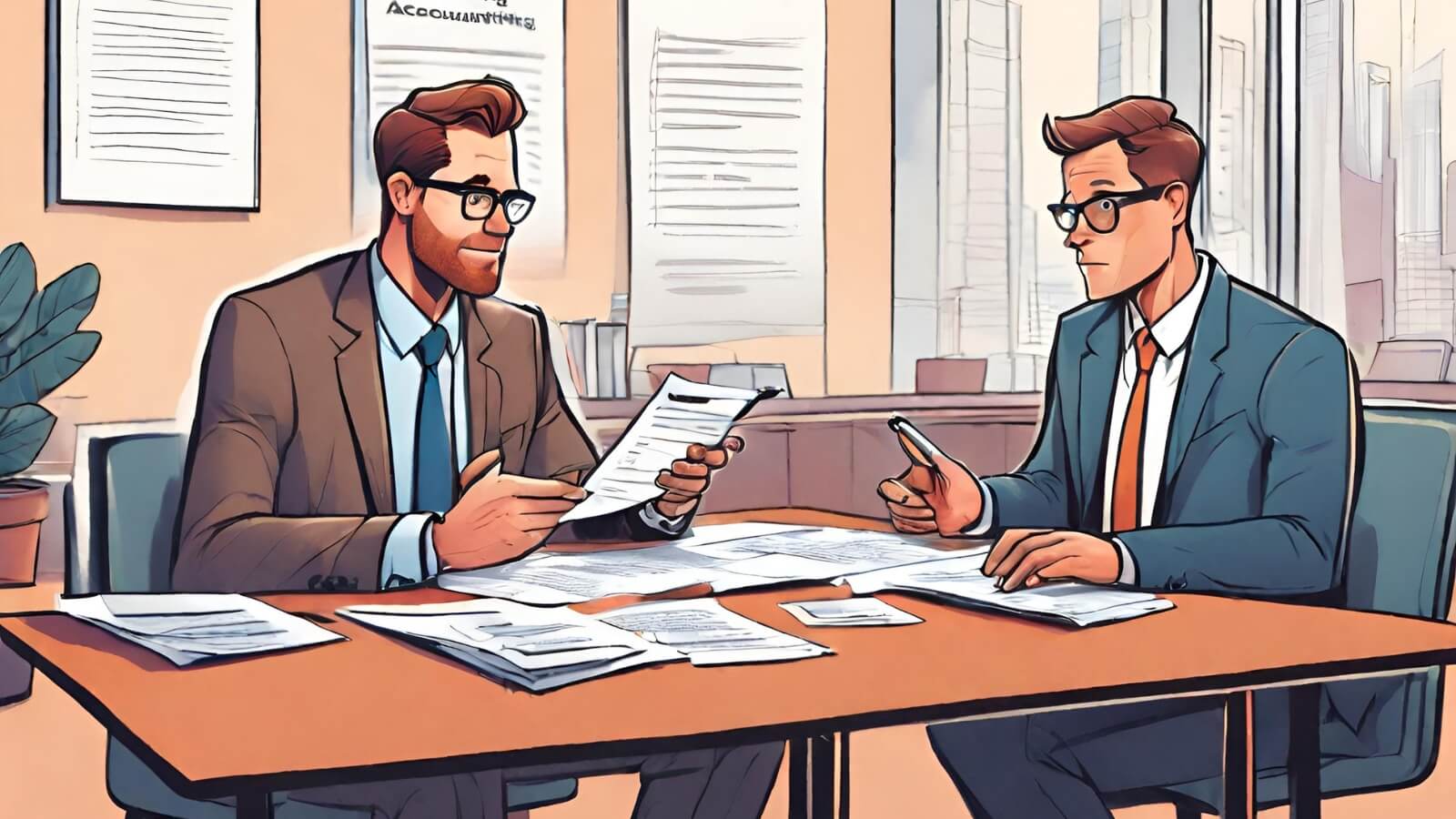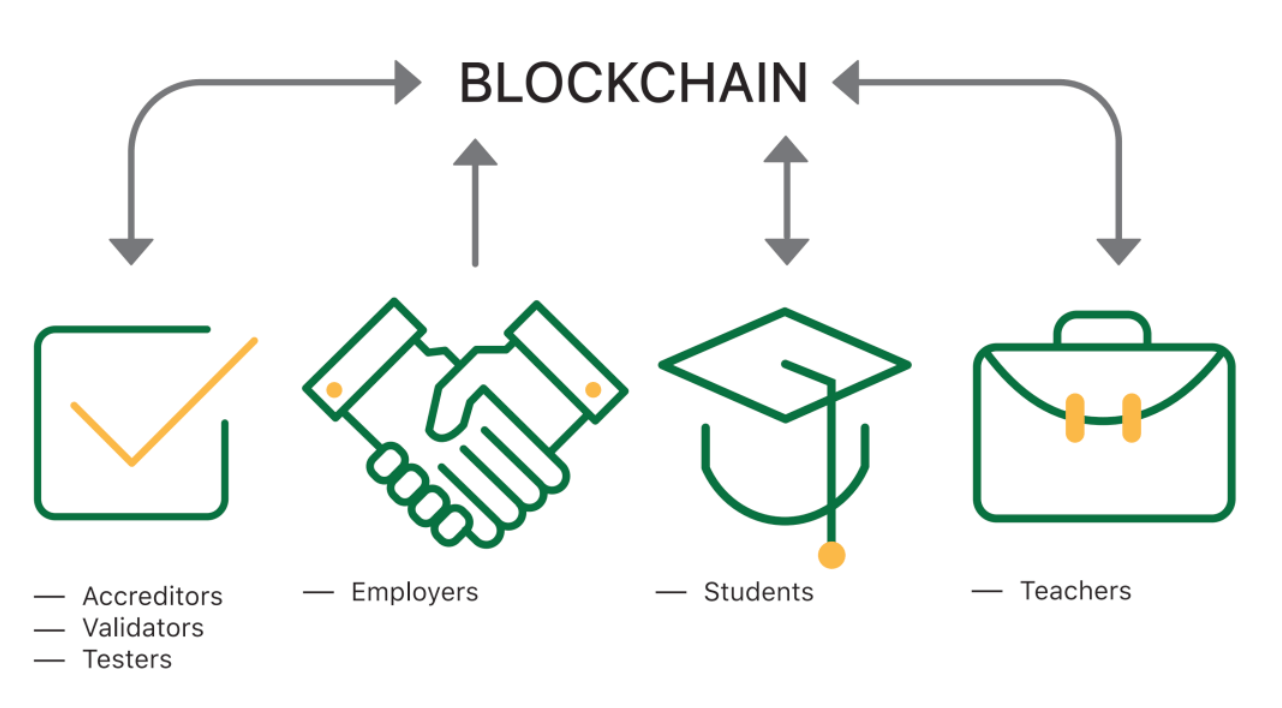Here are the top Interview Questions & Answers for Urban Planner Job, an urban planner is the one who defines the cities skyline and how it becomes more habitable.
What is the role of Urban Planner in the industry?
An essential but integral question that HR may ask is the role of an Urban Planner in this industry. The HR is interested not only to see your vast or intensive knowledge in the sector but also evaluate your perception of the industry. Your answer should hit the nail on the head. It should be an overview of what you think about this role. An Urban Planner would help in changing the landscape of the designated area, and so they must find the right candidate.
Sample answer for this question for Urban Planner job interview
As an Urban Planner, it is my responsibility to integrate the principles of engineering and help plan and shape cities, towns, and villages. Unlike building architects who only focus on buildings and structures, the job responsibilities, and descriptions as an Urban Planner go beyond all this. I have to address issues on a much larger scale. I have to ensure that the cityscape turns out to be a blend of feasibility and well-planned architecture. So that groups of buildings, streets and public spaces, neighbourhoods, districts, and entire city helps to make the urban areas functional, attractive, and sustainable.
As an Urban Planner, I feel I should also respond to the challenges posed by the growing population, land-use pressures, rapidly evolving technology, and increasing government regulations. In today’s rapidly changing climate, global warming is a concern that needs serious addressing. And this is my way of doing that bit — an Urban Planner should not overlook these factors.
I have a Bachelors in architecture and a Masters in urban design. The bachelor degree has helped me get strong fundamentals in the architectural landscape. While the master’s in planning has shown me the importance of trying to combine the best of landscaping, practicality, and functionality.
What IT skills must an Urban Planner have according to your understanding?
Urban Planner job interview Tip number 2
Through this question in the Urban Planner interview, the interviewer wants to see if you can visualize and use IT tools to increase your productivity. They want to know if you can research various IT tools and software that can help Urban Planners do their work more efficiently if they are proficient in necessary IT skills.
Sample answer for this question for Urban Planner Manager job interview
Considering the involvement of technology in all facets of our life, I feel any job today requires a good knowledge of IT skills and, being trained and familiar with computer-aided drafting systems, building modeling, and other relevant technologies are pivotal here. These include being familiar with essential office software, such as word processing, spreadsheets, and accounting. There are a lot of other technologies that one must know like AutoCAD, 3Ds Max, Photoshop, Revit, etc. Having knowledge of both spreadsheets and accounting helps in the budgeting aspect and to keep a tab on what’s going on.
There are a few considerations to be taken into account here. One is that technical training in project management can help you be prepared for nuanced circumstances. Be it familiarity with construction industry tools or being well-versed with norms and regulations of the local council or municipality. About this interview question for Urban Planner, I feel these IT skills would give me an in-depth insight into ways of ensuring the project is carried out with precision.
Simply put, IT or information technology is actually one of the best ways to strive towards environmental friendliness. I would also add that with the use of software, Urban Planning does get more comfortable, but intuition and expertise cannot be undone.
What according to you should be the Key Result Areas of an Urban Planner?
Urban Planner job interview Tip number 3
Through this interview question in the Urban Planner job interview, the prospective employer wants to test and see how much clarity you have about the KPI’s for the Urban Planner job. This will give them an overview of the level of accountability and transparency about what the Urban Planner role entails. It should be kept in mind that any Urban Planner is a mentor and leader, along with being a manager. So you should be ready to speak about being prepared to take on additional responsibilities. Being a team player and someone who doesn’t mind an occasional, extra load will help you in cracking the job interview for an Urban Planner.
Sample answer for this question for Urban Planner job interview
This interview question for Urban Planner about the KRAs is quite extensive, so let me give you a gist of what I feel are critical points. These include technical knowledge, design planning, researching, etc.
How much does technical knowledge matter?
For this interview question for Urban Planner, I would say that technical knowledge forms the basis of this role. Without technical knowledge, simple things would get complicated. For example, Augmented Reality is a great way to give shape to your thoughts without going over-budget. It helps to provide a physical form to creative thinking. And helps me determine the feasibility of an idea.
Technical knowledge should include a professional degree in urban design/urban planning. Alongside, one should also provide technical input for urban design and implications on the built environment and place-making at critical phases of the business sequence.
As an urban planner, tell us a bit more about design planning
Design planning is the core of this role, and for this Urban Planner interview, I would state that it is all about developing creative and original planning solutions to satisfy the need/demand of the city/area. Design planning is the way to put forward a thought or idea and give it a realistic shape. This should include researching and developing plans and programs for the use of land and physical facilities in the city. It also includes a lot of other critical areas like research and writing zoning staff reports and recommendations, collecting and organizing data and information, preparing GIS maps, and coordinating field surveys on various planning topics.
Designing layouts and drafting design statements is pivotal for this role too. The answer to this Urban Planner interview question should also involve participation in policy analysis and development of policy proposals for comprehensive planning, urban design guidelines, redevelopment sites, and land use regulations.
Summing up this Urban Planner interview question, other aspects that I would like to add here are analysis of site and environment, helping people express their opinions about planning issues and proposals, and visiting sites to assess the effects of proposals on people or the environment, consulting with clients and making recommendations regarding methods of work and sequence of activities.
What about design compliance?
Design compliance is the ability to ensure the design complies with the scope of work and contract requirements. For instance, in case I am not familiar with legislation passed regarding getting rid of debris, it means the sub-contractors may or may not know of this. My ignorance could lead to potential reputation damage and legal hassles for the firm.
To this Urban Planner interview answer, I also feel that compliance cannot work at individual levels and requires the involvement of the team as a whole.
As an urban planner, how do you plan on monitoring teams and keep track of reporting?
Both monitoring and reporting are crucial aspects of this role. I would answer the Urban Planner interview monitoring point first. I should manage consultants such as engineers, architects, and planners and lead and coordinate the activities of planning/ design projects.
Next comes the reporting. Unless I have a grasp over what the team is doing through reports, I cannot manage them. It is through these that I can determine, develop, and contribute to the management.
Summing up this Urban Planner interview question, both reports and correspondence are key role responsibilities here. I should also provide regular reports and presentations on progress to the internal stakeholders as necessary.
As an urban planner, Elaborate on how you plan to use your knowledge of Regulations & Quality Assurance?
As an Urban Planner, I should know laws, legal codes, court procedures, precedents, government regulations, executive orders, agency rules. And the democratic process for building consensus is something that starts right at the degree level for an environmental engineer and is an ever-learning process.
With changes being introduced frequently in this domain, you can understand that they are rapid. The Urban Planner role necessitates me to have an understanding of local, state, and federal government programs and processes. Part of my responsibilities includes inspection, evaluation, and reporting for regulatory compliance. With this, I should also review environmental regulations and determine or seek assistance with applicability determinations.
I should make sure that I use the information given in regulations and codes correctly. Understanding of the land use regulations along with the local, state, and federal government programs and processes is another critical aspect of the role.
The answer to this Urban Planner interview should also include an understanding of the interaction among the economy, transportation, health and human services, and land-use regulations.
As an urban planner, what are your views on Environmental Impact Mitigation?
You have to recognize and abate all types of environmental hazards. In reply to this Urban Planner interview, point out that:
I should carry out inspection of sites threatened by degradation. I should recognize and decrease all types of environmental hazards. The task should also include removing, packaging, disposing of, and documenting hazardous materials, advising corporations and government agencies of procedures to follow in cleaning up contaminated sites to protect the people and the environment, along with guiding industries and government agencies about environmental policies and standards.
As an urban planner, how would you handle collaborative and multidisciplinary working?
The first step of collaborative or partnership working is engaging with all professionals employed in the creation of sustainable communities and the built environment. Writing clear reports and presenting options and recommendations on environment systems to clients is the start of this Urban Planner interview query. I should create an environment where information is shared. The ability to work with the public and articulate planning issues to a wide variety of audiences, and function as a mediator or facilitator when community interests conflict, are other key competencies.
I also have to make sure that all reports about environmental incidents, including internal spills, external releases, potential permit non-compliances, regulatory inspections, or similar incidents are in place.
Summing up this Urban Planner interview question, understanding of the social and environmental impact of planning decisions on communities should be taken into consideration too.
And your creative vision…
Producing creative and innovative strategies and solutions is the best part of this role. Creativity is so essential when it comes to planning, and for an Urban Planner, I firmly believe that creativity is the way to go ahead — and give shape to ideas of the future.
What technical skills would come into play here?
The answer to this Urban Planner interview question would include a thorough knowledge of the urban spatial structure or physical design and how cities work. The ability to analyze demographic information to discern trends in population, employment, and health and in-depth knowledge of plan-making and project evaluation. I should also execute my ability to solve problems using a balance of technical competence, creativity, and hardheaded pragmatism. Usage of information technology systems such as CAD (computer-aided design) or GIS (geographical information systems) would also add to my technical expertise.
As an urban planner, In today’s world, how important is planning for Sustainable Development?
Sustainability is the key to a greener future because it takes into consideration practicality and being in sync with our environment — something that everyone seeks today. For this, I have to understand the role and place of planning in delivering sustainable development. I should also apply the fundamental principles of sustainable development and understand and communicate the impacts and benefits of development, and work towards achieving all the elements of sustainable development to generate positive outcomes.
My answer to this Urban Planner interview query also involves the ability to understand and work with business and commercial development. I should also contribute to development economics, finance, costs, viability and market signals, and business practices.
What about planning for the Environment and Climate Change
Any Urban Planner knows and understands the nature of climate change as it impacts planning policy and decisions. Hence, this is a governing factor that forms the basis of any designs that I create. I should plan for climate change mitigation and adaptation based on understanding the biodiversity planning and ecological networks and implementing measures to conserve and enhance the natural environment.
Summing up this Urban Planner interview question, i should also understand carbon neutral and reduction technologies/ low carbon futures.
As an urban planner, tell us more about planning for services and infrastructure.
Understanding finance and mechanisms for the provision of communications and infrastructure are critical metrics for an Urban Planner job, and the interviewer will asses this in your interaction.
As an Urban Planner, I have to understand and provide for sustainable transport. This has to be in conjunction with financing and mechanisms for the provision of utilities in an efficient manner. I should make the most of the potential of planning to create a healthier population, integrate planning for education into spatial plans, reflect the need for community services in the spatial plans and also integrate planning for recreation and culture into these spatial plans.
Looking for more HR interview questions and answers
Click here to Read 200 Plus HR Interview Questions & Answers For Top Multi National Companies
- HR Interview questions and answers on Business Acumen
- HR Interview questions and answers to asses Functional/Technical Skills
- HR Interview question and answers on Technical Learning
- HR Interview question and answers on Decision Quality
- HR Interview questions and answers on Intellectual Horsepower
- HR Interview questions and answers on Learning on the fly/ quick learner
- HR interview questions and answers on Problem Solving.
- HR interview questions & answers on Dealing with Ambiguity
- HR interview questions & answers on Creativity
- HR interview questions & answers on Innovation Management
- HR questions and answers on Perspective
- HR interview questions and Answers on Strategic Agility
- HR Interview questions and answers on Timely Decision Making
- HR interview questions and answers on Priority Setting
- HR interview questions and answers on Organizing
- HR Interview questions and answers on Planning
- HR interview questions and answers on Time Management
- HR Interview questions and answers on Delegation
- HR interview questions on Developing Direct Reports
- HR interview questions and answers on Directing Others
- HR Interview questions and answers on Informing
Jappreet Sethi










